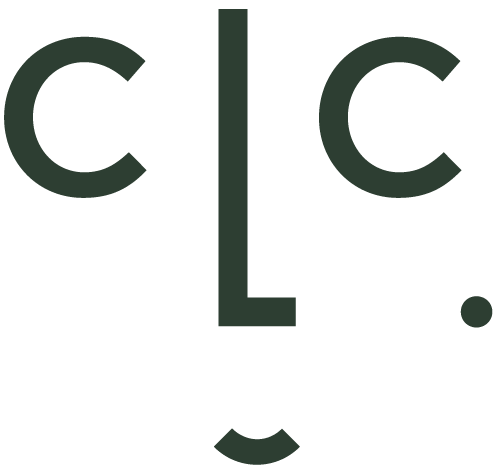The Way to Eat to Ease Stress + Anxiety
It’s no secret that Americans are some of the most stressed out people in the world. Furthermore, it is common knowledge that the past few years have really taken a toll on overall mental health. While anxiety and stress can serve a positive purpose in small doses, the amount of pressure that the majority of the population feels on a daily basis is toxic to both our bodies and our minds.
The medical definition of stress from the Cleveland Clinic is, “our body’s reaction to any change that requires an adjustment or response. The body reacts to these changes with physical, mental and emotional responses.” Some stress can be positive. In fact, there has been a lot of recent research on “hormesis” or the body’s positive response to certain stressors (like fasting, high intensity interval training, cold plunges, etc). This type of stress can be protective and enhance our overall health. But negative stress, like emotional distress, lack of sleep, poor nutrition, constant high cortisol, etc, wreaks havoc on our body and our mind.
So what can we do about the negative stress? There are many strategies to consider from a physical and mental perspective. Some examples include exercise, practicing meditation, invoking our spiritual and religious beliefs, or even learning how to say “no” to things that don’t bring us joy. One powerful line to ask yourself when you notice your life is too stressful - “When did I say yes, when I should have said no”.
But one of the most impactful ways that we can really combat stress is to incorporate foods into our diets that have been proven to calm our nervous system. In order to keep our stress response optimal, we can use nutrition as one important tool to keep our nervous system regulated.
Let’s look at these foods through a macronutrient lens. The ideal foods to focus on are the proteins, carbohydrates (especially low-starch vegetables and high fiber foods), and healthy fats. These help stabilize blood sugar, balance cortisol, support adrenal health, and brain health; therefore, reducing stress in the body.
Unfortunately, these foods are not standard fare in many households. In fact, the standard American diet includes hyper-palatable, ultra-processed foods that are generally high in refined sugar. This way of eating primes your body to respond to stress in a negative way. It makes it more difficult to maintain calm. So, in order to aid your central nervous system and your mind in reacting positively to our busy lives, we need to remember the simple formula of a balanced plate - one loaded with healthy proteins, vegetables and good fats.
If you are open to the idea of adding in these complete, balanced meals, you can build what we call the “anti-anxiety plate”. This plate is a weapon against the enemy of chronic stress. The anti-anxiety plate consists of: 50% non-starchy vegetables, 25% gluten-free grain, and 25% protein (ideally wild-caught fish, organic, pasture-raised chicken or grass-fed beef), topped with a little healthy fat. Picture: wild caught salmon over sauteed greens (like spinach, swiss chard, etc) and a side of quinoa topped with avocado, nuts or seeds.
However, it’s important to note that eating to reduce anxiety doesn’t have to be a major adjustment. Something as simple as switching your afternoon snack from pretzels (or your children’s goldfish crackers) to a handful of almonds or an apple, will help - every little bit counts.
So if you want to give this method a try, just start by having one snack swap or build one full anti-anxiety plate this week and see if you notice a difference. After all, we are complicit in the conditions of our lives. So, if you want less stress and a calmer life, take a step and add in some meals and foods that will help.
Other resources:
https://draxe.com/health/stress-relievers/
https://umanaidoomd.com/what-health-experts-eat-to-manage-stress/
https://www.webmd.com/balance/stress-management/effects-of-stress-on-your-body
